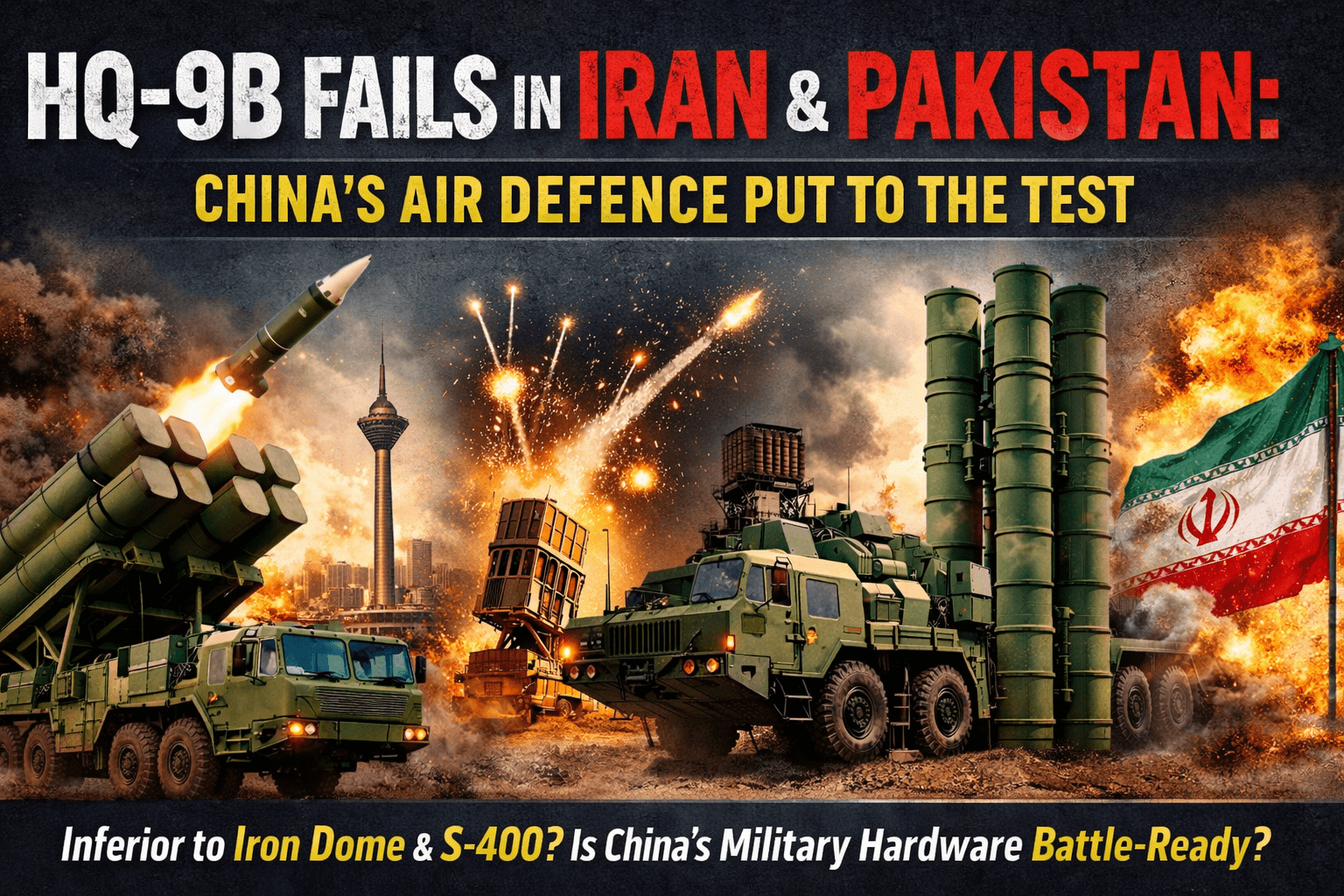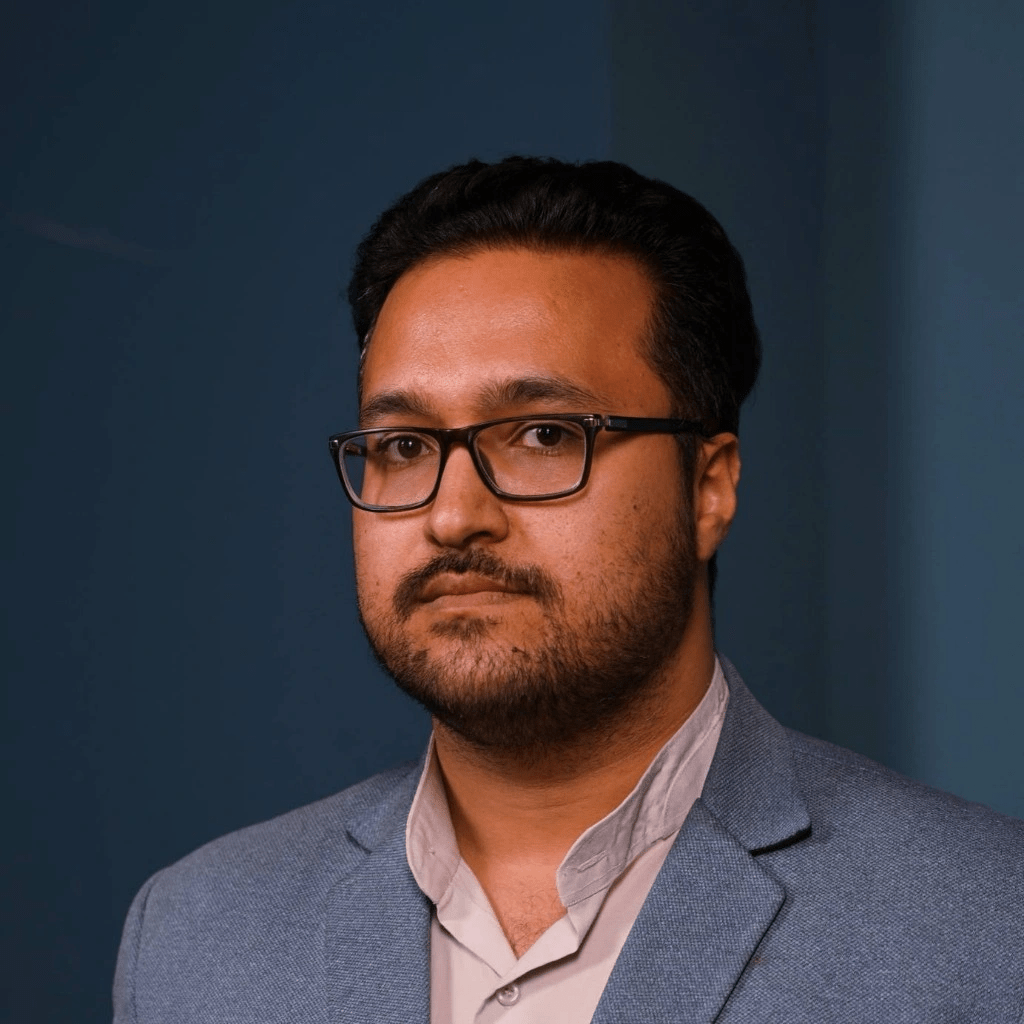- Growing up as a South Indian diaspora kid in West Asia, how did your early experiences shape your perspective on intersectionality and global diplomacy?
My multicultural upbringing gave me a front-row seat to the complex interplay of identity, migration, privilege, and marginalisation. These early experiences instilled an early understanding of how intersecting identities shape individual experiences and fostered an inherent appreciation for diverse perspectives – making intersectionality personal for me, not just theoretical.
It naturally guided me towards valuing inclusive dialogue in international relations. Whether in gender advocacy or geopolitical analysis, I always ask: who is missing from the conversation and why? That lens has shaped my work at the organisations I’ve worked at and even in how I mentor young professionals.
- You’ve mentioned your role as a mother of three daughters. How has motherhood influenced your advocacy for gender equality and your work in creating safe public spaces for women?
Motherhood has intensely personalised my commitment to gender equality by not diluting my professional ambition, but in fact refining it. Raising three daughters, I feel a deeper urgency to challenge unsafe norms and create systems that protect, uplift, and include women. My daughters have reminded me that the personal is political. At places of work, I led tangible policy shifts because I saw how changes could alter women’s daily realities. In my advocacy, I’ve shifted from asking what’s ideal to what’s implementable, because women and girls deserve both dignity and action, now.
- As the founder of Silence to Heal, a platform supporting survivors of childhood trauma, what inspired you to create this safe space, and how do you balance this emotionally demanding work with your personal life?
Silence to Heal was born out of necessity because as I grew up and grew older, I realised that the silence around childhood trauma, especially in South Asian communities, is deafening. I believe deeply in the healing power of shared experiences and community and witnessing the isolation trauma can create inspired me to establish a safe, non-judgmental space for healing.
For me, Silence to Heal is a space that not just offers support but recognises the courage of survival. Creating that space was deeply personal. Balancing this emotionally demanding work requires firm personal boundaries, dedicated self-care, and the unwavering support of my family. The profound sense of purpose it brings is also a key sustaining factor. It has also taught me the power of boundaries and community.

- As a UN Global Diplomacy Fellow and APAC Team Manager at Janes, how do you navigate the complexities of advancing the WPS agenda in the Asia-Pacific region, particularly in conflict-affected areas?
Advancing the WPS agenda in the Asia-Pacific region is not just part of my professional role, for me it’s more of a personal commitment that’s been woven through every stage of my career. Whether at Janes, the Australian High Commission, or earlier roles, I’ve consistently championed the integration of gender perspectives into national security discourse. Outside of my official research, I ensure that my analytical outputs go beyond the traditional lens by embedding WPS principles and highlighting the impact of security decisions on women and amplifying the role of women as agents of peace and resilience.
Through targeted publications, I advocate for gender mainstreaming in defence and regional security narratives, working to influence both policymakers and practitioners. The complexities in APAC, from post-conflict transitions in Southeast Asia to the strategic competition in the Pacific, require context-driven, inclusive approaches.
But beyond research, I’ve actively collaborated women-focused initiatives in all the institutions I’ve been part of. At the Australian High Commission, I co-chaired the Women in Leadership Committee. Personally, I’ve mentored early-career women analysts and policy professionals, offering guidance on navigating male-dominated sectors like defence and diplomacy. For me, the WPS agenda is not a checkbox. It’s a framework that guides how we build sustainable peace, ensure representative decision-making, and challenge the systemic exclusions that keep women out of critical security dialogues.


- Intersectionality is a core theme in your work. How do you ensure that global frameworks like SDG 5 and SDG 16 remain locally relevant when addressing issues like street harassment or gender-based violence?
I’ve always believed that the success of global frameworks lies in their local translation. When I work on gender-based violence or public space safety, I ask: Who is affected differently based on caste, religion, disability, or sexual orientation? In India, for instance, laws must consider how a Dalit woman experiences street harassment differently from a woman in an urban elite setting. To ensure global frameworks like SDG 5 and SDG 16 are locally relevant, they must therefore be community-centric with intersectional lens. This means understanding how issues like gender-based violence uniquely affect diverse groups. It involves engaging directly with affected communities to tailor interventions that are truly responsive to their specific needs and realities.

- As a mentor to youth aspiring to enter international affairs, what advice would you give to young women from the Global South who face systemic barriers in pursuing careers in diplomacy or security?
My advice is: own your story. As simple as that. Your lived experience is not a deficit, it’s your greatest analytical tool. As someone who didn’t come through traditional elite pipelines, I understand the hurdles. But I also know the strength of perspective. Seek mentors, yes, but also build your peer network. Publish your thoughts, challenge dominant narratives, and never underestimate the power of consistency. Also, be kind to yourself. Resilience is crucial; I learned this when I reached the interview for the Indian Civil Services but didn’t make the final list. I urge them to be persistent, create their own opportunities, and advocate confidently for themselves and for other women. This field needs your voice, but your well-being matters just as much. You’re not just entering diplomacy, you’re reshaping it.
- Your role at the International Political Science Association and the International Studies Association involves fostering dialogue on political communication and gender equity. What challenges have you faced in these spaces, and how do you advocate for inclusive policies?
Academic and policy spaces can be exclusionary, often dominated by Western frameworks and voices. One challenge has been making room for Global South narratives in rooms that are structurally tilted otherwise. This is apart from the challenges in overcoming traditional, male-dominated paradigms and ensuring gender is integrated as a core analytical lens, not just a token topic. For instance, I’ve been told quite a few times not to discuss gender when talking about maritime security. So, I advocate for inclusive policies by producing research with an intersectional gender perspective, actively participating in discussions to broaden perspectives, mentoring emerging scholars, and promoting diverse representation, informed by my experience championing inclusivity, such as co-chairing the Women in Leadership Committee at the Australian High Commission. In short, for me, inclusion is not a box to check, it’s the ground on which all good policy must stand.
About Jeethu Elza Cherian Chacko
Jeethu Elza Cherian Chacko is a United Nations Global Diplomacy Fellow (UNITAR GDI’24) and a seasoned gendered security and political analyst. As the Founder of Silence to Heal, she has championed trauma-informed advocacy and created safe spaces for survivors of childhood trauma, especially within South Asian communities. With a deep commitment to SDG 5 and SDG 16, she brings intersectionality to the forefront of her work in strategic communications, defence, and diplomacy.
Currently serving as the APAC Team Manager at Janes, Jeethu has previously worked with the Australian High Commission and is actively engaged with the International Political Science Association and the International Studies Association. Her work spans the Women, Peace and Security (WPS) agenda, open-source intelligence (OSINT), and inclusive policy development across the Asia-Pacific region.




